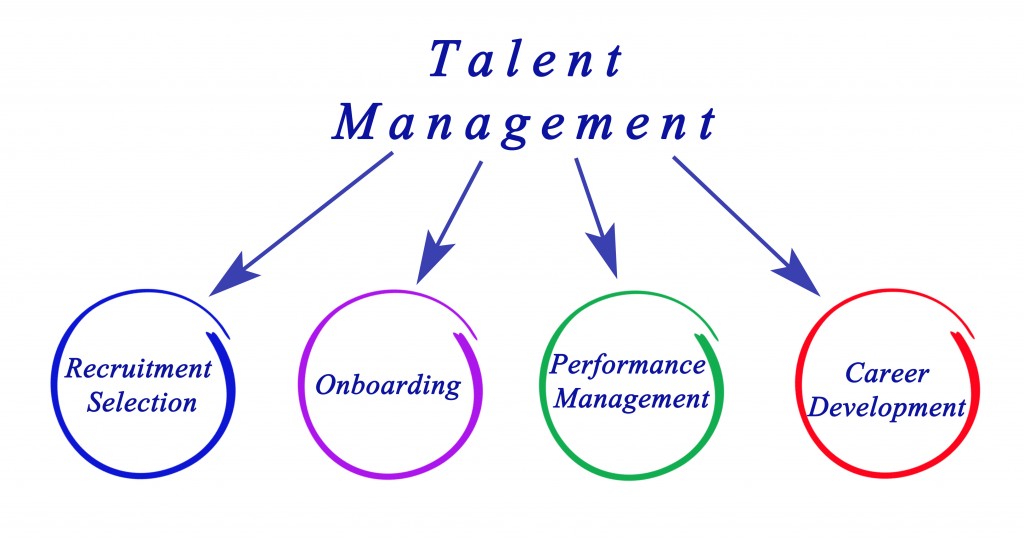The very purpose of all talent management strategies is to increase employee retention in organizations, irrespective of their sizes. Research found that those employees who are given the scope for career growth and professionals are more likely to show their long-term loyalty to their respective organizations. Employee retention is basically important to ensure that the company retains the talent having necessary skillsets, knowledge and competencies. Studies show that the organizations unable to build stringent talent management strategies are likely to witness more cases of employee recidivism to their competitor companies, several times. Therefore, it may lead to operational inefficiencies, leading to the loss of competitive advantage.

Talent Management Methods
Conducting pre-employment checking: Pre-employment testing involves not only evaluating KSAs of candidates but also their work style and personality. Checking both behavioral characteristics and skillsets results in a complete perspective of every applicant and gives a better idea of their candidacy for a job.
Conducting post-employment checking: This part enables employees to find out employees having the potential for various leadership positions. Once they are identified, they may be nurtured and trained to take on various management and supervisory roles in the firm through various professional development scopes as well as training.
Providing ongoing feedback: Annual performance evaluations or performance reviews are now almost passé. More and more organizations are embracing ongoing feedback processes through regular meetings and performance reviews. Such meetings assist managers in not only highlighting their employees’ various improvement areas but also in guiding employees’ to prepare a performance enhancement strategy.
Employing employee recognition methods: Who can avoid the significance of employee recognition programs? After all, such programs act as a catalyst for developing employee morale—which ultimately helps in enhancing employee productivity. Believe it or not, employee recognition program can result in a whopping 44% increase in the employee productivity, if we go by a study.
Providing various opportunities for career enhancement: Most of the employees look for the scope to get various challenging assignments, which give them a major boost to their career advancements and professional development. Ultimately, it leaves a positive impact on the rate of employee retention in any firm.
Taking proper care of employee satisfaction: With ongoing communications, managers can easily identify any employee discontent before they gain momentum. Such issues can be taken care of using one-on-one meetings between the manager and the employee. Such discontent may leave a spillover effect on any small or mid-level firm, giving a major blotch to its reputation. So, such issues should be addressed immediately and with care.
The growing significance of the talent management profession has led to the emergence of various specialized talent management certification courses. So, if you are a talent management professional or looking for a career in this field, pursuing such a certificate program will be rewarding for your career in more ways than one.
In 2017, give it a serious thought and ride high on a thriving talent management career.
